Nepal Health Research Council (NHRC), in collaboration with various organizations working in health, research and development, organized the Ninth National Summit of Health and Population Scientists on 11-12 April 2023, with the motto of “Research for health: Translating Evidence and Innovation into actions.” The summit provided a platform for experts, professionals, researchers, and practitioners to come together and share their evidence, knowledge, experiences, and best practices in health research.
The summit featured 28 oral presentations and 121 poster presentations, two-panel discussions, and ten parallel sessions, covering a range of topics such as system resilience and clinical trials, maternal and child health, nutrition, infectious diseases, non-communicable diseases, climate change, digital healthcare, ayurveda and traditional medicine, evidence on social health protection, partnership in research for health, and health systems strengthening. The presentations highlighted the latest research findings, innovative interventions, and best practices in health research.
HERD International is one of the partners of NHRC to support the annual conference. HERD International team made six oral and one poster presentation on different themes. The following are the highlights of the presentation from the HERD International team.
Health Inequities in Nepal
Dr. Sushil Baral, Director at HERD International presented on “Health inequities in Nepal” shedding light existing equity gap in health outcomes in Nepal. While certain population parameters have improved and some health outcomes are positively growing, progress has not been equitable across all segments of the population. Expanding coverage is important, but the interventions must be of high quality to ensure that everyone has access to the same level of care. In addition, the issue of inequality, whether it is based on geography, education, or other categories, presents a significant challenge to achieving universal health coverage and meeting sustainable development goals. As a result, it is essential that the government and healthcare providers in Nepal work together to develop strategies that address these disparities and ensure that all citizens have access to quality healthcare, regardless of their socio-economic background or geographic location. Only then can Nepal hope to achieve the vision of universal health coverage and a healthier, more equitable society for all its citizens.
Watch the Full Presentation:
Lessons from Nepal’s Health Information System
Mr. Bishnu Dulal, lead – Information System and Populations Service at HERD International presented on “Health information systems: success, lessons, and improvisation in Nepal”. There is need for improving digital literacy and expand coverage in the private sector to improve healthcare outcomes in Nepal. Updating existing protocols is important to meet global standards whereas ensuring timely recording and reporting of data is equally crucial. Additionally, the establishment of a data culture is urgent to effectively use healthcare information and improve healthcare services in Nepal. Comprehensive and coordinated approach is required to healthcare information systems in Nepal that includes digital literacy training, improved coverage, updated protocols, and a culture of data-driven decision making.
Watch the Full Presentation:
Responding Non-Communicable Diseases (NCDs)
Mr. Bikram Adhikari, Data and monitoring Officer at HERD International, presented on ‘’Non-Communicable Disease readiness in Nepal: A Further Analysis of Nepal Health Facility Survey – 2021”. The readiness of health facilities to provide services related to NCDs is currently below optimal levels. To improve this situation, it is crucial to enhance service delivery platforms and overall readiness of the health system. This can be achieved by increasing the number of qualified health staff, providing training, and ensuring the availability of necessary equipment and medicines.
Watch The Full Presentation:
Addressing environmental determinants of health
Mr Achyut Raj Pandey, Senior Research Fellow at HERD International presented on “Connecting the dots: addressing environmental determinants of health’. The focus was on the significance of addressing the root causes of pollution, seeking cleaner alternatives, and promoting climate-friendly technologies and infrastructure. There is a need for policy measures to promote energy-efficient heating and cooking, education to promote behavioral change, waste reduction, exposure reduction, and the regular update of health exposure standards and monitoring.
Watch the full presentation:
Community Engagement to tackle Antimicrobial Resistance (AMR)
HERD International’s Ms. Abriti Arjyal, Research Manager: Qualitative and Multidisciplinary Science, presented on “Community Engagement to tackle antimicrobial resistance: opportunities and Challenges”. She emphasized the importance of the engagement process which is continuous. Effective community engagement requires an understanding of stakeholders and the community, as well as the use of language that is accessible to policy and community actors. The key takeaway is to prioritize community champions, who are the driving force for change and advocacy at both the local and national levels. Co-creation approaches that involve policy and community actors must be tailored to the local context, as there may be similarities but also significant variations and differences.
Watch the Full Presentation :
Building a resilient local health system
HERD International’s Senior Research Fellow Mr. Achyut Raj Pandey, on behalf of Ms. Shophika Regmi (Senior Manager: Health System Research, Evaluation and Learning) presented on “Linking Evidence to Action: Using system thinking approaches to identify gaps and co-create interventions for building resilient local health system.” The presentation highlighted that although health is a local priority, it is poorly translated into resource allocation and implementation. The health budget is mostly conditional to the local government, resulting in limited flexibility, poor ownership, and accountability. Furthermore, the culture of sharing and learning is weak, leading to a loss of institutional understanding. To address these issues, embedded technical support is needed to facilitate an environment for building trust, gaining access to data, and engaging in daily interactions. This approach can help stakeholders understand power dynamics and research approaches, as well as recognize the power of local evidence in building an understanding of local needs and priorities.
Watch the full presentation:
Quality of health care service in pharmacy
Ms. Grishu Shrestha, Research Officer atHERD International’s presented a poster on “the quality of health care service in pharmacy” based on the findings of urban health system research in Pokhara metropolitan city. The findings revealed that the quality of services being delivered for non-communicable diseases (NCDs) care services is poor due to several reasons such as the unavailability of trained healthcare providers, guidelines, and logistics. To address this issue, the local government needs to prioritize its exclusive function of ensuring quality services are provided.
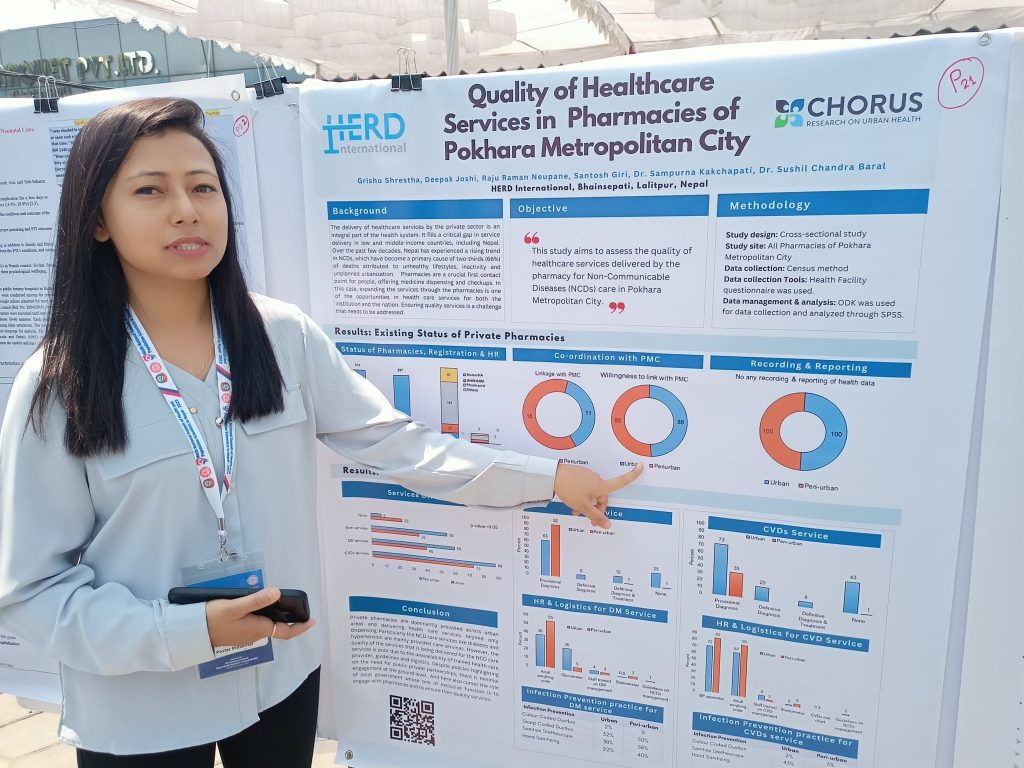
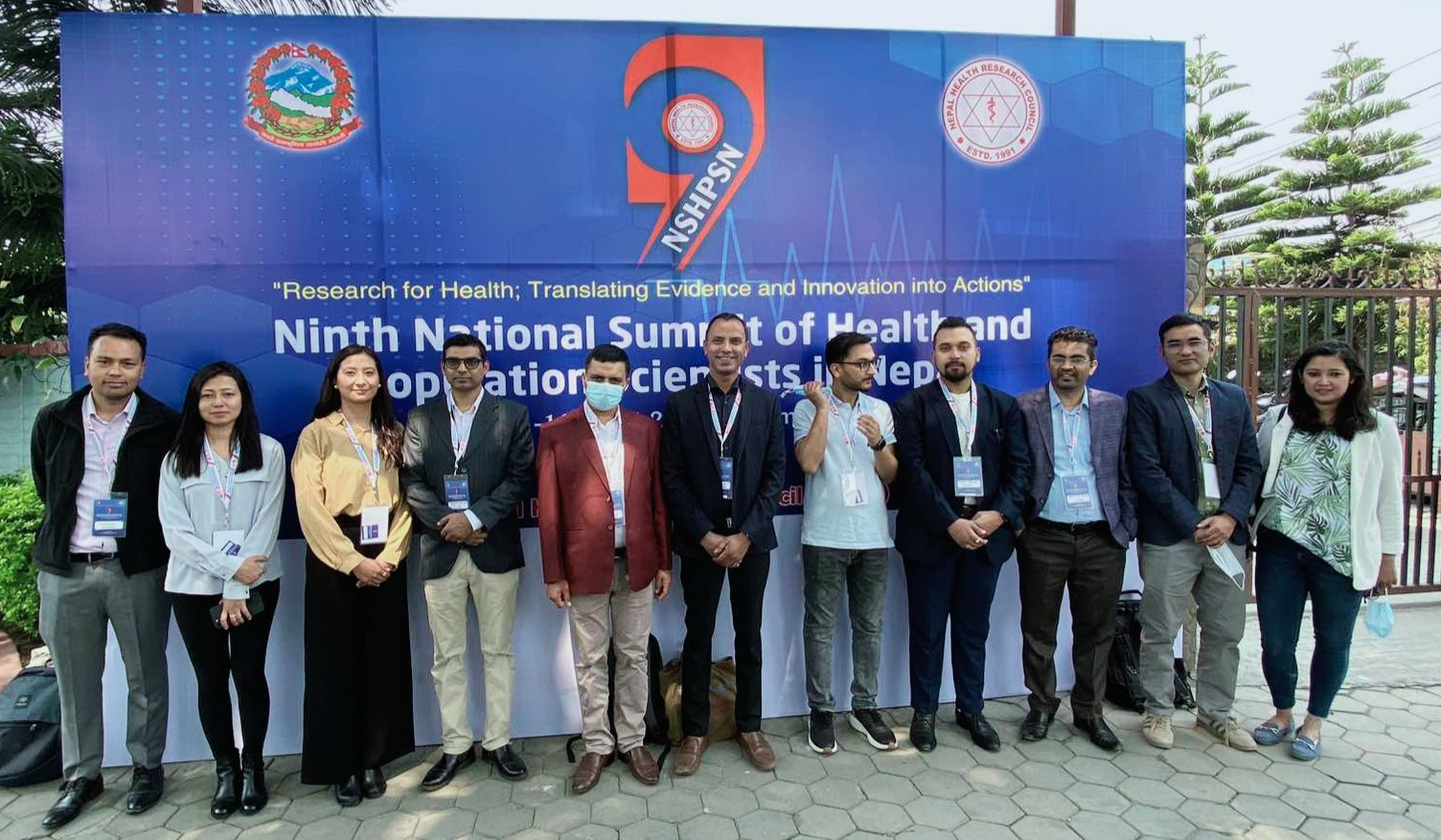


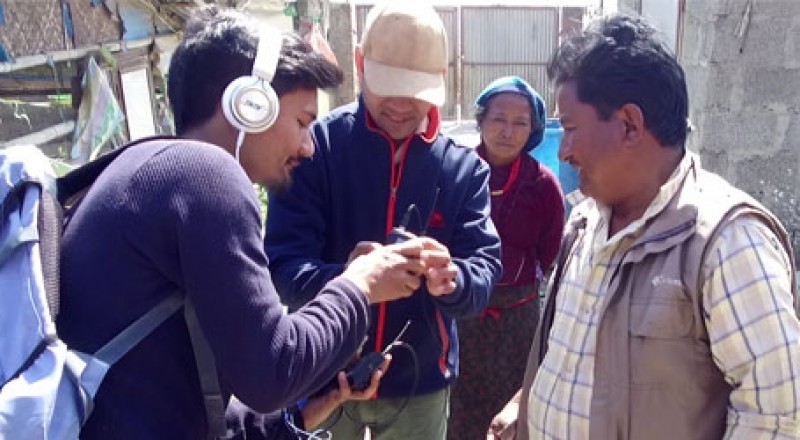

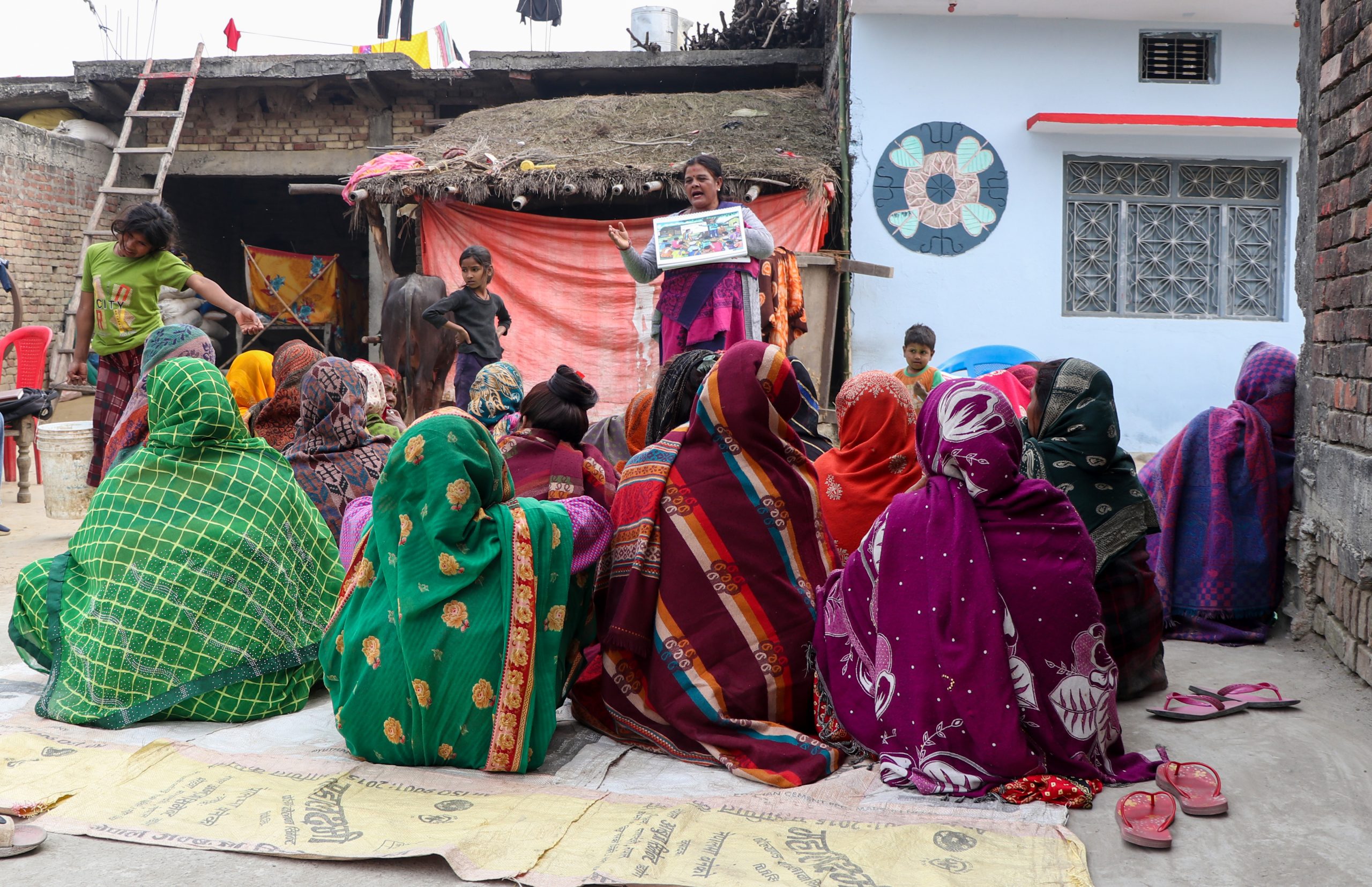
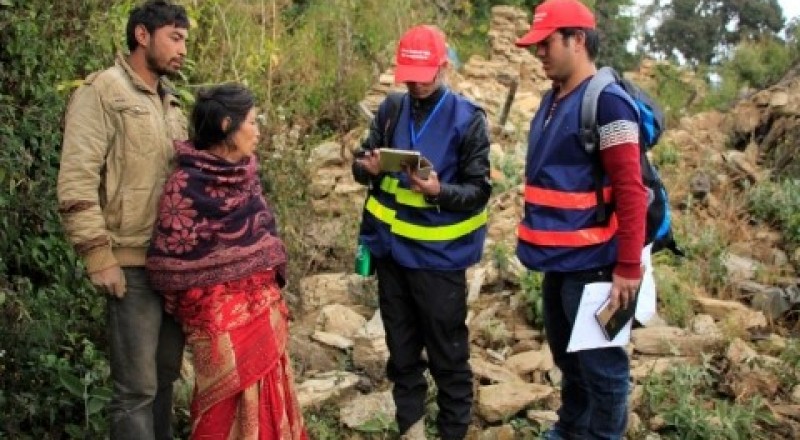




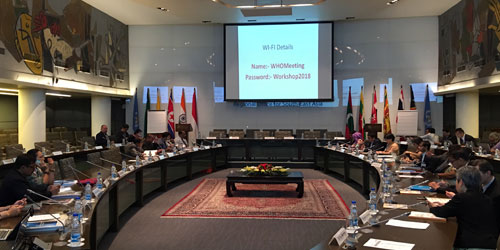
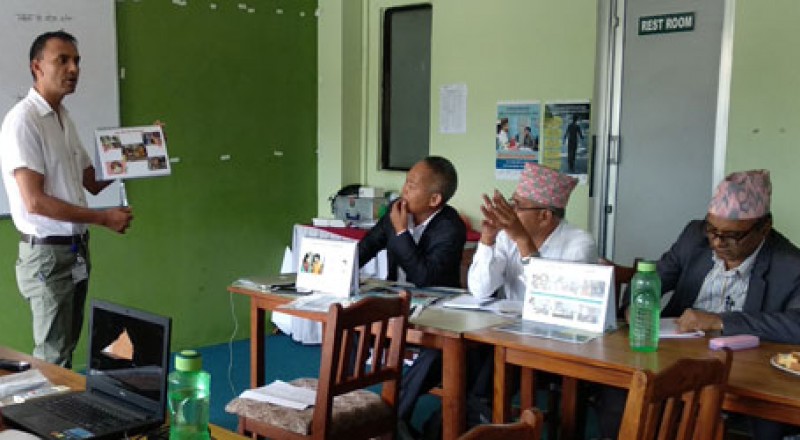
Comments (0)
No comments found.